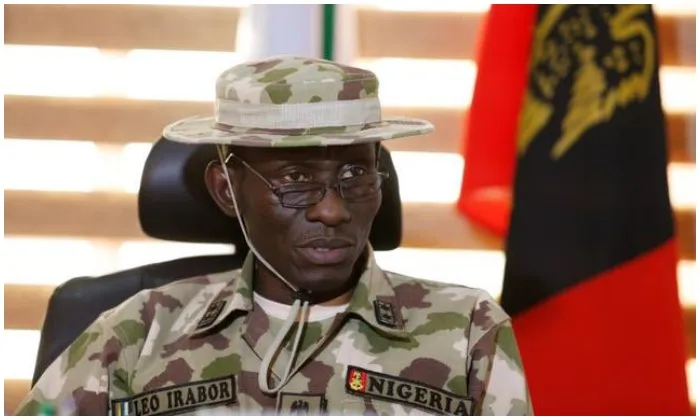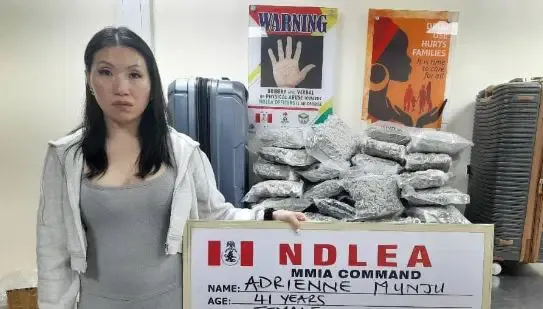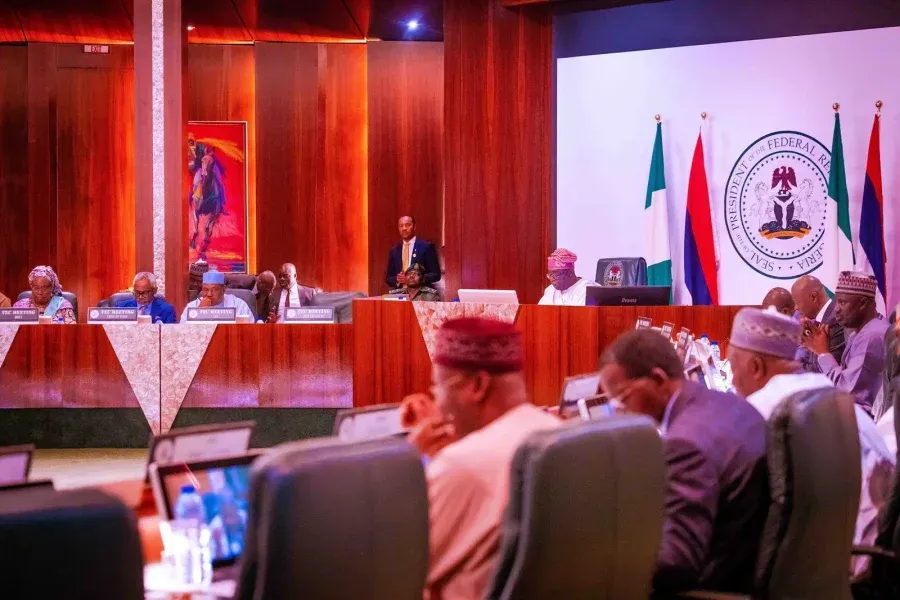The former Chief of Defence Staff, Gen. Lucky Irabor (retd.), has issued a resounding call for thorough examination and dialogue in response to the tragic killings of military personnel in Delta State. The incident, which claimed the lives of 17 soldiers, including four officers, occurred amidst a communal clash over a land dispute between Bomadi and Okuoma communities on March 14.
Addressing the Chief of Defence Staff Joint Task Force Commanders Conference in Abuja, Gen. Irabor condemned the merciless manner in which the soldiers were ambushed and killed, emphasizing that such brutality cannot be justified under any circumstances. He underscored the necessity for accountability, asserting, “The perpetrators of the heinous crime must be made to face the full wrath of the law.”
Furthermore, Gen. Irabor stressed the importance of reevaluating the extent of military involvement in civil matters to prevent similar tragedies in the future. He urged for careful consideration regarding the limits of aid to civil authority, emphasizing the need for constructive conversations to mitigate risks and ensure the safety of military personnel.
In his address, Gen. Irabor cautioned against complacency within the military, urging vigilance to maintain professional integrity and effectiveness. He warned against the “see-finish syndrome,” highlighting the potential repercussions for national security if the military’s credibility is compromised.
Echoing Gen. Irabor’s sentiments, the current Chief of Defence Staff, Gen. Christopher Musa, acknowledged the evolving nature of insecurity in Nigeria, emphasizing the interconnectedness of global security challenges. He advocated for a holistic approach, emphasizing the importance of intelligence sharing and collaboration across security agencies to address diverse threats effectively.
Additionally, the Minister of Interior, Olubunmi Tunji-Ojo, emphasized the significance of community engagement and integration within the nation’s security framework. He urged security agencies to foster strong relationships with border communities to enhance border security and protect national interests effectively.





